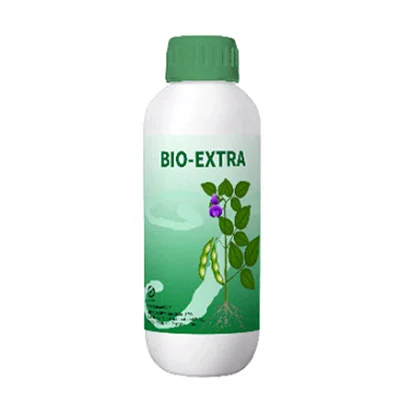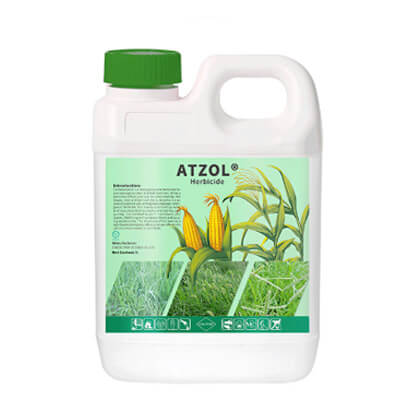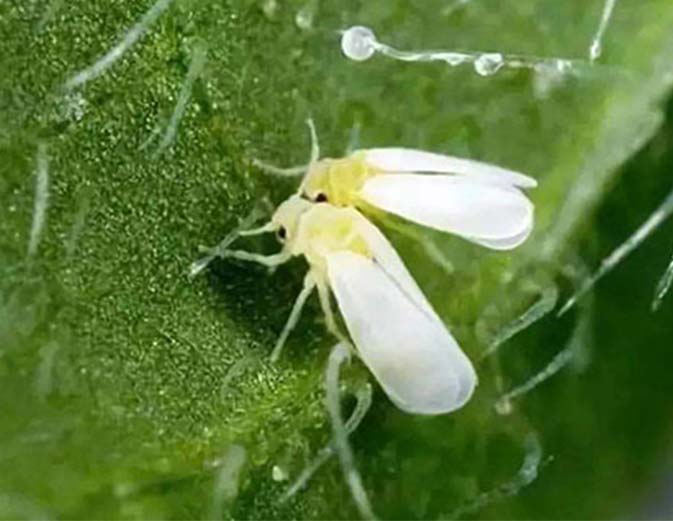
Nutrient Deficiency
The nutrient elements needed for the growth and development of plants include macro-elements, trace elements and other beneficial elements.
Nutrient deficiency will lead to different negative effects on plant development.
Plants require 17 essential nutrient elements for their growth and development. These nutrients can be broadly divided into two categories: macronutrients and micronutrients.
Macronutrients: Plants require macronutrients in relatively large quantities. These include:
Nitrogen (N)
Phosphorus (P)
Potassium (K)
Calcium (Ca)
Magnesium (Mg)
Sulfur (S)
Micronutrients: Plants require micronutrients in smaller quantities, but they are still essential for their growth and development. These include:
Iron (Fe)
Manganese (Mn)
Zinc (Zn)
Copper (Cu)
Boron (B)
Molybdenum (Mo)
Chlorine (Cl)
Nickel (Ni)
In addition to these essential nutrient elements, plants also require carbon (C), hydrogen (H), and oxygen (O), which are obtained from water and carbon dioxide during photosynthesis. The availability and balance of these nutrients are important for plant growth and productivity. A lack of any of these nutrients can result in stunted growth, lower crop yields, and other negative effects on plant health. In the context of organic farming and chemical fertilizers, it is crucial to understand how different nutrient sources can impact the overall health and productivity of plants.





























